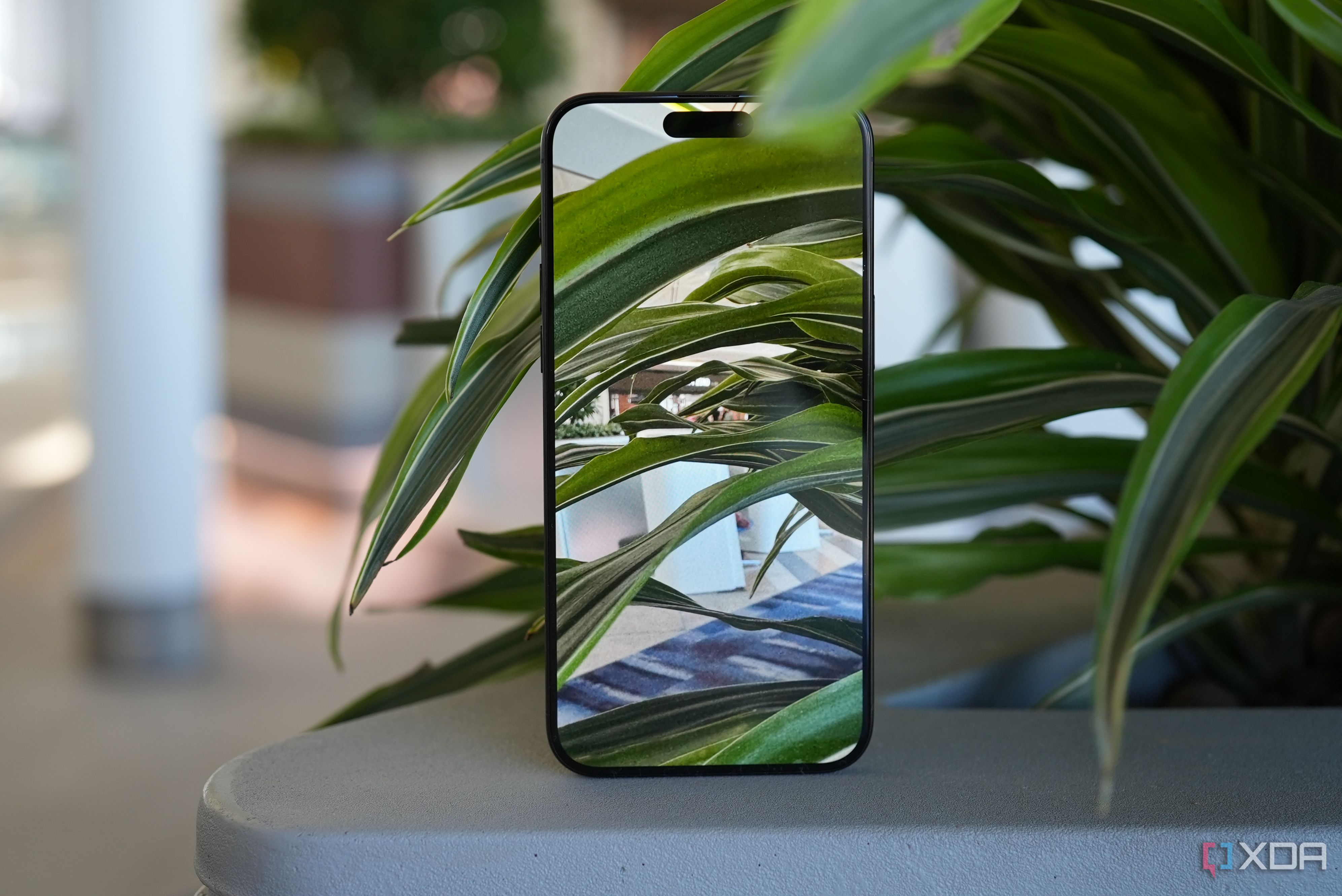Google's Chrome web browser is set to warn users that private browsing does not prevent them from being tracked. Many users were under the impression that 'incognito' meant no tracking.
Similarly, many Apple users think that Private Relay is some sort of private VPN service.
However, some core differences exist between regular VPN services and Apple's solution. While they share a couple of aspects, they cater to different types of customers and use cases. iCloud Private Relay is a basic VPN that only works in Safari, so it won't protect you in other apps or browsers.
A regular VPN offers broader support and finer controls, allowing you to choose server locations and bypass regional restrictions. If you only use Safari and are only concerned about web activity, iCloud Private Relay is fine. Otherwise, get a VPN app for broader protection.
I suppose both Google and Apple are aware that most users take the PR wording very much as face value, that users usually think private actually means private. We've actually seen this so many times also with other providers talking about end-to-end-encryption, except that it excludes the server in the middle.
One could almost forgive marketing people for wanting to up-sell the attractiveness of the offering, and stuffing in all the current buzzwords (next thing it will be AI-driven privacy), except that these are actually technology companies, and they should know better.
See
iCloud Private Relay doesn't work the way you think it does
You're not as invisible as you may believe
#
technology #
privacy